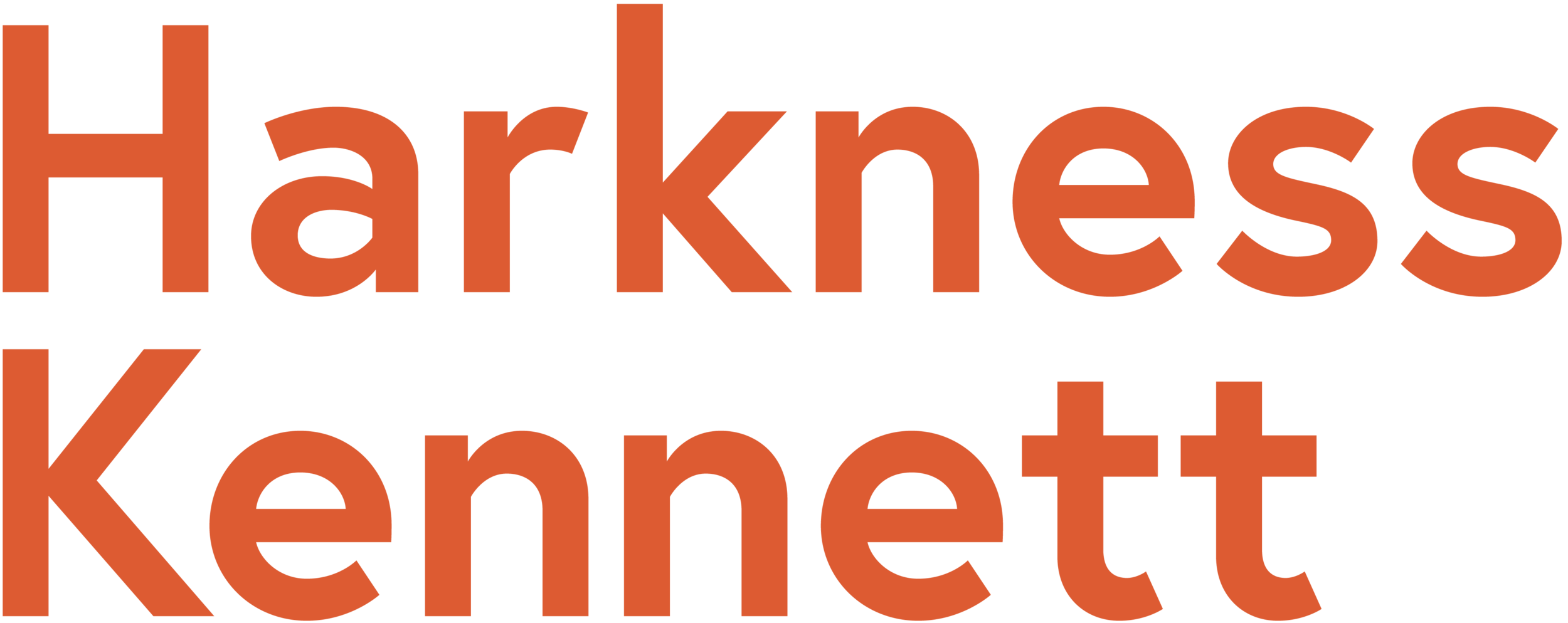Time to rethink our working week
How I pioneered the four day week – well, kind of….
This week I’m trying to ignore the tragic lack of diversity and well, coherence in the US presidential debate and focus closer to home. It seems that Covid-19 is changing how business leaders think about our working hours; Survation and think tank Autonomy found that 79% of leaders are now quite or very open to a four day week. With homeworkers gaining their commute and meeting travel time, leaders are seeing the benefits of reduced or flexible working hours. Many of us have been lucky to discover new exercise, the great outdoors or just our families! And a better balance in our lives, something to offset the profound negatives of 2020.
Of course, it’s not the same for everyone. Many people are working flat out while others face job insecurity. We’re in danger of burnout for some in work and under-utilisation of those forced out, so surely it’s time for a rethink?
I’m speaking from personal experience. When I was interviewed for WPP’s first start-up over 20 years ago my request for a four day week was met with nervousness. Apparently, Martin Sorrell didn’t have anyone working “part-time”, was it a deal-breaker for me?
It was. I’d spent years working in consultancy where my commitment to clients meant long hours often at short notice. So, five days would likely mean six, and I had good reasons to choose flexibility over money. My new man lived in Norway, meaning regular weekends away, and I didn’t want the travel to compromise my relationship or professional life.
I was lucky. My boss was supportive, and I became WPP’s first consultant on a four day week. I worked many Fridays, but flew off for many others, a game changer for my personal life and job satisfaction.
The 4 Day Week Campaign says that the working week in 1868 was 62 hours. Today’s 37.5 came after seeing productivity gains from weekends off. The group believes that 4 day working would help alleviate stress and mental health issues, give people more time in their communities, further improve productivity and reduce carbon intense activity.
Four days for all may be a blunt request and for some industries and people, a different solution might give the right balance. Working less time for the same pay is an ongoing debate. But the basic principle of sharing available work with more people for less time seems a no-brainer.
I’m lucky to work in Communications with creative, hard-working people who have also made changes to working patterns since those WPP days. We were the first IC agency to set up a specialist resourcing practice and from the start, opened up the conversation about working hours. Reducing hours can buy a client a more experienced communicator who in turn gets more time for outside work commitments. We encourage clients to consider this because in our experience it never means people are less reliable or can’t be counted on to go the extra mile. We know, because our own colleagues work different hours but together provide consistent and reliable support for clients.
We’ve placed hundreds of people in roles from full-time to a few hours a week, and watched clients challenge the status quo on working hours too, celebrating Louise Wadman and Amanda Hyde’s groundbreaking job share at KPMG. My four day week led to three children and a UK-based relationship, yes I won that one too!
My hope is that while we work together through this pandemic, leaders and politicians continue to see new possibilities and make choices to create better work opportunities and balanced lives for all.
If you’re hiring or looking for a new role, do get in touch - we’re here to help.
Published by Lisa































